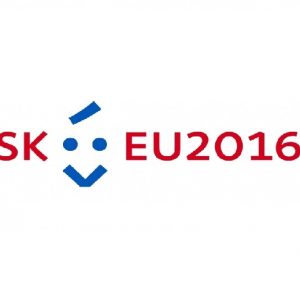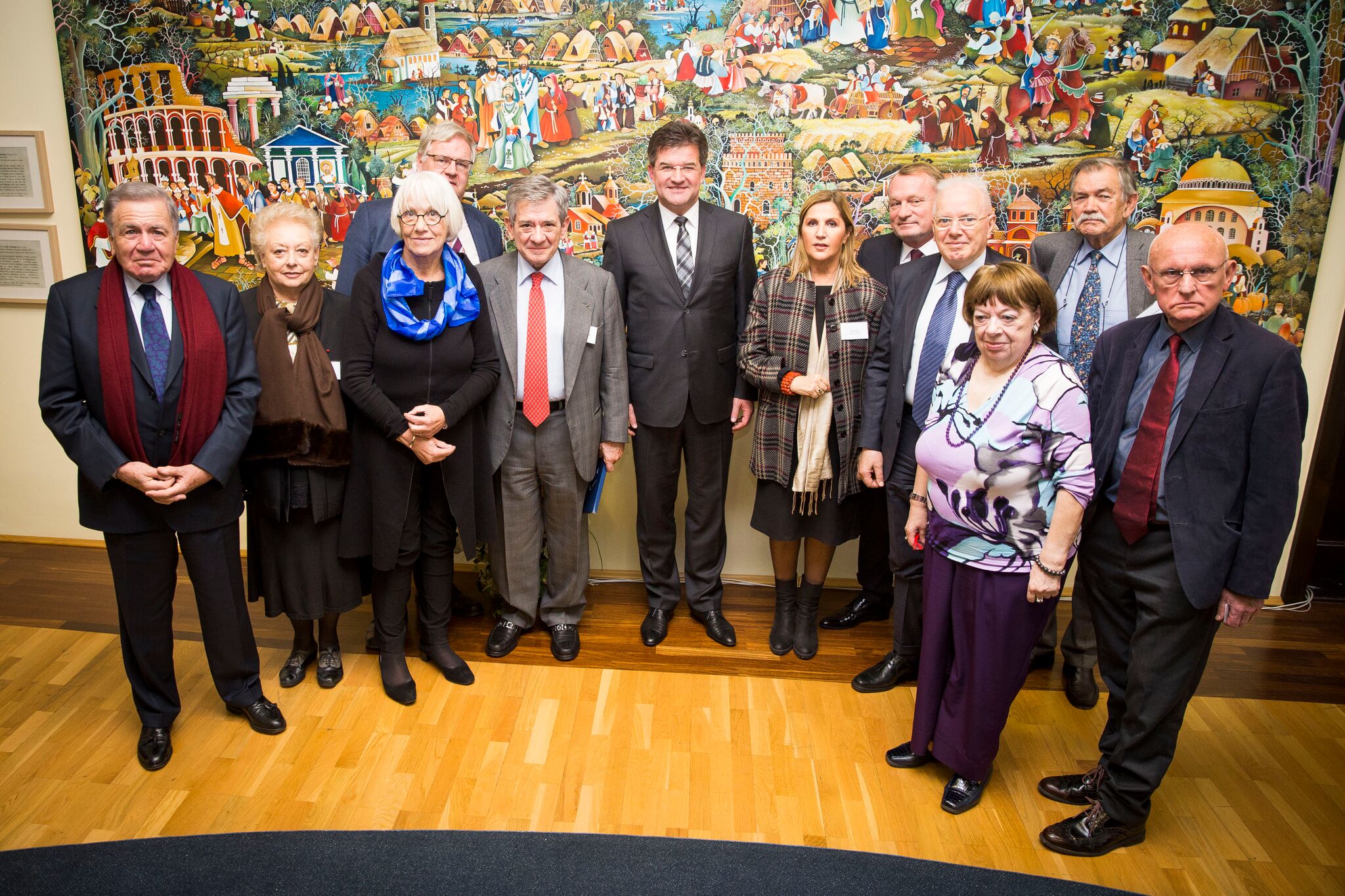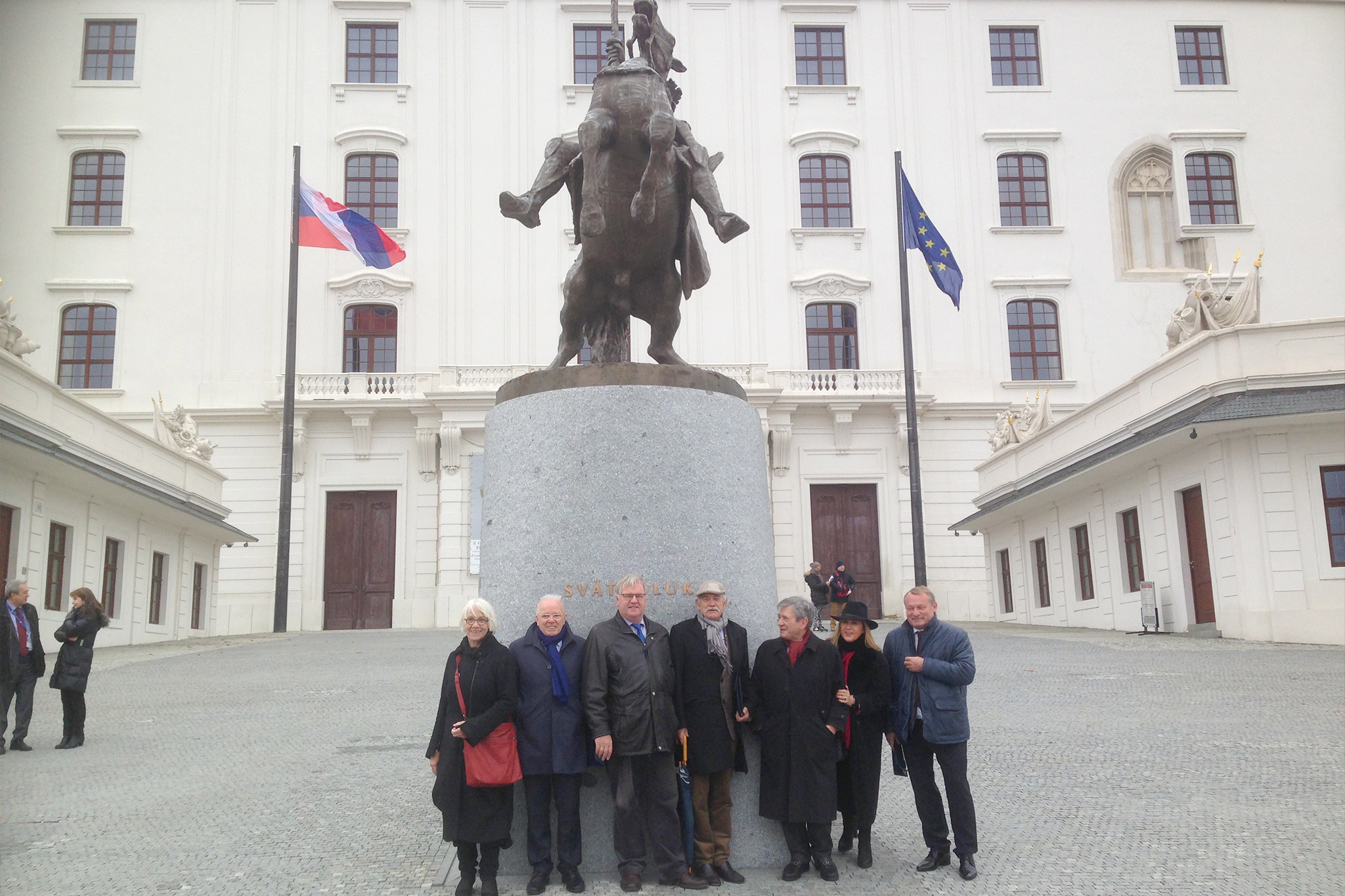
- This event has passed.
2016 FMA Visit to Slovakia

Files
The visit took place on 7 and 8 November 2016. Meetings were held at the Minister of Foreign and European Affairs of the Slovak Republic, National Council. An optional cultural visit to the Castle of Bratislava and Devin Castle was organised on the 7th, Monday morning.
Report
We visited Bratislava the capital city of Slovakia towards the end of the country’s EU presidency during the second half of last year when it was clear that the country is determined to show its commitment to the European project. Slovakia which joined the EU on1st May 2004 has benefited from its EU membership in terms of the growth of its economy and is particularly proud of its car industry and its record of producing the largest number of cars per person in Europe. I arrived in Slovakia via Austria and within minutes of touching down at Vienna’s international airport I was on my way to the centre Bratislava by bus on a journey of less than an hour for the bargain price of 5 Euros including a delicious lemon tea on route.
Slovakia has a population of a little over 5 million and Bratislava which has been the capital of Slovakia since 1993 is relatively small for an EU capital city. Bratislava is an attractive city with an old town of narrow cobbled streets. The history of the country includes being occupied by both Nazi and Soviet invaders and the Jewish population of Bratislava was almost totally wiped out and transported to their deaths in the concentration camps during the Nazi period. There are today only about 650 Jewish people left in the city following the mass slaughter of the Jewish population.
In 1969 the Prague Spring and the name of Alexander Dubcek was heralded across the world but their reforming efforts were crushed by the invasion of the Soviet Union and countries of the Warsaw Pact.
Dubcek, who was a Slovak, was awarded the Sakharov Prize by the European Parliament for his efforts for human rights. He died in a road accident in 1992. At a meeting with the Minister for Foreign and European Affairs, Mr. Miroslav Lajcak, he was highly critical of the UK referendum vote to leave the EU and said: ‘We are a small country but we are very European’. He also stressed that he believed ‘the EU should be a global player’ and was critical of the EU’s approach to Russia. He said it is important to step up diplomatic relations and acknowledge that Russia is a world player. He defended his country’s refusal to receive refugees and said his country was not prepared to be dictated to by the European Commission and will not take a quota of migrants. I found this surprising from a minister of such experience in diplomacy and international affairs, but he was not alone in his refusal to cooperate in the EU on the issue of sharing responsibility of hosting migrants.
In fact the Chair of the European Affairs Committee, Mr. Lubos Blah, who is on the European Affairs Committee and a member of parliament for the left wing SMER-SD party took the same line. He was even critical of Germany for receiving large numbers of migrants and in particular of Mrs Merkel for her welcoming approach to migrants. As an eastern country of the EU there is no doubt that Slovakia can have an important influence in the eastern region besides helping to promote improved diplomatic relations with Russia.
Michael McGowan, PES, United Kingdom (1984-1999)

FMA members with Mr. Miroslav Lajcák, Minister of Foreign and European Affairs of the Slovak Republic.

FMA members in front of the Bratislava Castle.
